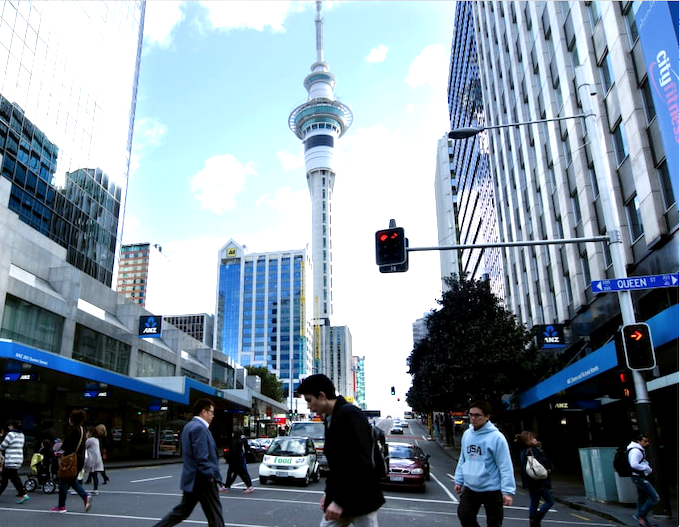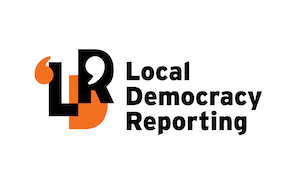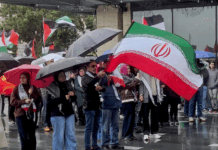
By Stephen Forbes of Local Democracy Reporting
Despite total borrowings reaching $11.1 billion, the Auckland Council Group’s latest results show it has managed to weather the worst of the storm created by the covid pandemic.
But the super city’s statement to the NZX shows it will face some tough times ahead as it seeks to balance its next budget.
In June the council with New Zealand’s largest Pacific population — almost 250,000, more than 15 percent of the city’s total of 1.7 million — agreed to defer $230 million in capital works over the next three years to address a $150 million per annum shortfall in its operating costs.

South Auckland projects affected included a new Flat Bush multi-use centre, the upgrade of the Papakura park and ride and the Ōpaheke Park sports fields.
Auckland Council finance and performance committee chairperson Desley Simpson said a number of projects were impacted on by the cutbacks, but increases in revenue and operational savings meant it was now in a stronger position.
“The key point we considered when preparing our Recovery Budget last year was to provide significant support to the economic recovery of Auckland,” Simpson said.
“This proved to be crucial, with our ongoing capital investment programmes helping to counterbalance some of the anticipated economic pressures in Auckland, as well as supporting future infrastructure growth needs for the region.”
Council’s results ‘positive’
The council’s debt increased $757 million to $11.1 billion in the 12 months to June 30, while its revenue grew by $361 million to $5.7 billion.
Manurewa-Papakura ward councillor Angela Dalton said the council’s latest results were positive.
“I think considering the last few years we’ve had, they are pretty good,” she said.
“But I think the future budgets are going to be really tough for us and we are looking at some challenging times ahead.”
Dalton said the results need to be looked at in the context of the Auckland Council Group’s total asset base, which grew by $9.7 billion to $70.4 billion in the past year.
“Considering the huge drop in revenue we’ve faced we’ve still been able to build our city and work on capital projects like the Central Interceptor and City Rail Link. They are the big game changers for Auckland.”
Some council projects were delayed, but it still spent $2.3b on capital works, including over $1b on transport-related assets, $815m on water, wastewater and stormwater and $384 million on other assets.
Climate change funding juggle
Simpson said whoever won Auckland’s mayoral race would have to juggle funding for climate change initiatives, infrastructure and transport spending, community facilities and parks and reserves.
She said while some projects that were deferred might be brought back from the brink, some may be consigned to political history.
“We’ve come through the worst period any Auckland Council has had to deal with. But it’s not going to get any easier.”
Auckland mayor Phil Goff’s final budget was announced in June and included $600 million for new bus services, funding for electric ferries and buses and completion of key links in the city’s cycling network.
The budget’s climate change package will be funded by a targeted rate, generating $574m over 10 years, with plans to seek a further $482m in funding from the government and other sources.
- The political campaign for mayor is being keenly contested with a Pacific candidate, Fa’anānā Efeso Collins, narrowly leading opinion polls for the October local body elections.
Local Democracy Reporting is Public Interest Journalism funded through NZ on Air. Asia Pacific Report is an LDR partner.













































